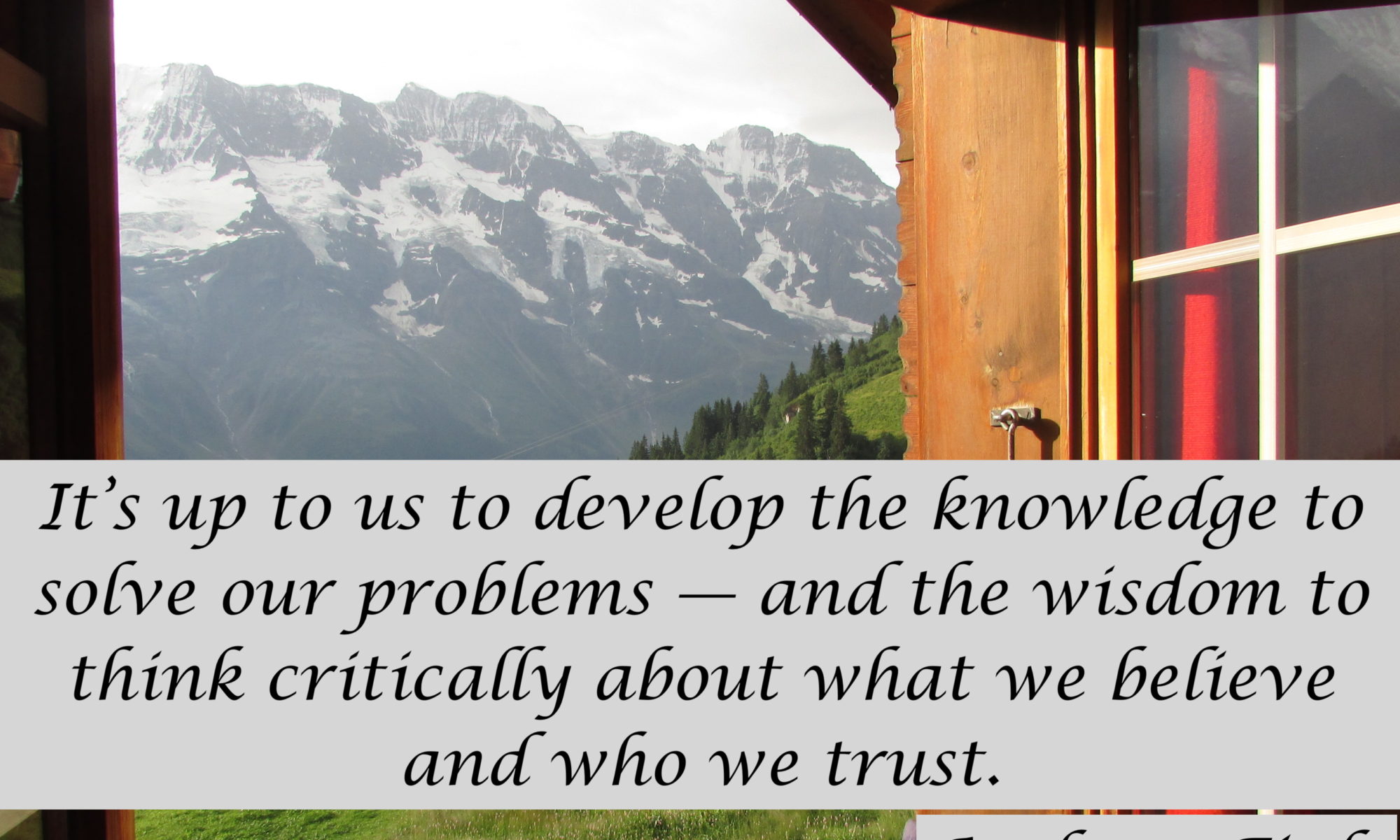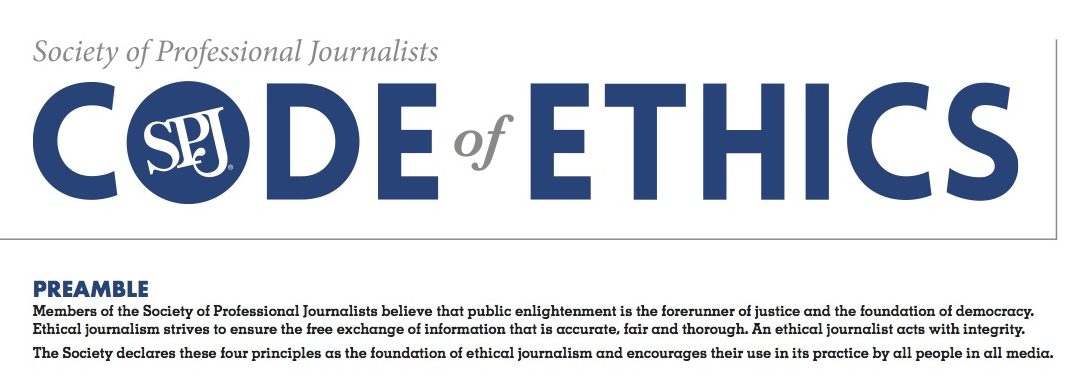Coronavirus uncertainty leaves us wondering what we should believe and who we should trust. This is made more difficult by partisan division and a general distrust of authority. Many authorities think that this illness is serious. Some countries have implemented drastic measures. Businesses and campuses are preparing contingency plans. Events have been canceled.
But the president suggests that this is fake news. On Monday, he tweeted, “The Fake News Media and their partner, the Democrat Party, is doing everything within its semi-considerable power to inflame the CoronaVirus situation, far beyond what the facts would warrant.”
But how do we know what the facts warrant? This question holds for a variety of issues: from climate change and the stock market to the threat of terrorism and dietary guidelines. Beyond these contemporary questions, there are deep questions about history, religion and the meaning of life. Did Jesus really walk on water? Did Shakespeare himself really write all of those plays and poems? Is there a soul that survives death?
In many cases, we lack direct access to the facts. Miracles happen far away and long ago. Historical facts rest on fragile threads of evidence. And death remains an undiscovered country from which no traveler returns.
Layers of secrecy and confidentiality in government and business make it difficult for ordinary people to judge. Even when we have evidence, we lack the expertise to evaluate it. The facts about climate change and the coronavirus have been published by scientists. But you need substantial training to understand these facts and assess the risks.
Given this problem, it is often wise to say “I don’t know.” Philosophers have routinely called for intellectual humility. Socrates famously said that the only thing he was certain of was that he lacked certainty.
But intellectual humility doesn’t help in an emergency. Acknowledging your lack of certainty doesn’t help you decide whether to avoid crowds, cancel a trip or stockpile toilet paper.
Intellectual humility should not be a recipe for inaction. Nor is it the same as lazy indifference. To say you don’t know is not the same as saying you don’t care. Nor does it mean that you should give up on the quest for certainty.
Prudence tells us to work diligently to get the facts and learn how to interpret them. One obvious method involves checking multiple reliable sources. But, of course, we disagree about what counts as a reliable source, which is the present predicament.
The president tells us not to trust the news media. But is the president trustworthy? The Washington Post reports that President Trump has made over 16,000 false or misleading statements since taking office. Trump calls that fake news. The polarization of information makes critical thinking more difficult.
This is not a new problem. There never was a time when people agreed about the facts or about who counts as an expert. The apostles believed Jesus was a resurrected messiah. Others thought this was fake news. And the Bible’s doubting Thomas demanded direct evidence.
In addition to gathering evidence and gaining expertise, we need to think about the burden of proof. The more the risk, the more the need for proof. If there is a risk of a deadly disease, you ought to take precautions, especially if those precautions are minimally invasive. If more hand washing prevents a pandemic, then let’s all wash our hands. But when it comes to cancellations and quarantines, the risk assessment becomes complicated. At some point, a leap of faith is required.
This is difficult and frustrating. But life is a series of decisions made without certainty. And at least we are free to make these decisions for ourselves. It’s a sign of our freedom that even the authorities disagree with each other. In ancient Athens, they killed people like Socrates who questioned authority.
Today, there are no undisputed authorities, in politics, religion, love, or life. There is no secret revelation that will cure a doubting Thomas. And there is no magic safety net to save us from bad decisions. We are on our own. It’s up to us to develop the knowledge to solve our problems — and the wisdom to think critically about what we believe and who we trust.




